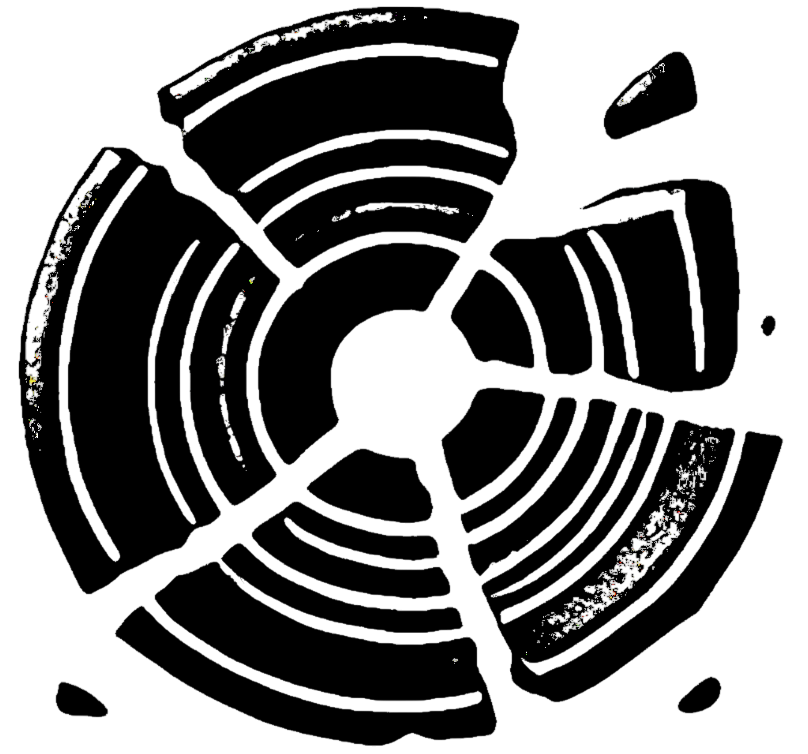Output
Public-Facing
“De oligarchen waren altijd al aan de macht, ook in Nederland”
The oligarchs have always been in power, also in the Netherlands Democracy in the US seems to be taking a back seat now that Elon Musk is calling the shots in the federal government. But oligarchs like him have always had a lot of influence, says political philosopher Janosch Prinz. And the Netherlands also has an 'oligarchic democracy'.
The problem of oligarchy is a problem of undue influence of wealth on politics. This problem takes a specific form in liberal-democratic, capitalist regimes. The daily spectacle of the Trump-Musk billionaire duo is just a particularly stark example—as was perhaps to be expected in a country traditionally relaxed about the role of money in politics. But that hasty comparative judgment obscures the more fundamental problem: can we decouple wealth from political power at all?
Oxfam's latest annual inequality report, Takers Not Makers, released last month, is shocking reading. It explored how most billionaire wealth is taken, not earned, with 60% coming from either inheritance, cronyism or monopoly of power. Globally, the 10 richest people are all men and their wealth increased by more than $150 million a day on average.
Last year, Australian billionaires' wealth increased by more than 8 per cent, or $28 billion.
Nightlife is joined by the head of Oxfam in Australia, Lyn Morgain, and the head of a research team based in the Netherlands working on a project titled Contours of Non-Oligarchic Futures, Janosch Prinz, Assistant Professor in Social and Political Philosophy. Join Philip Clark as they discuss what can be done to change things, to redress the basic inequalities and lack of legality, and to ensure democracy persists.
Academic
Abstract
This essay outlines an empirically grounded account of normative political legitimacy. The main idea is to give a normative edge to empirical measures of sociological legitimacy through a nonmoralized form of ideology critique. A power structure’s responsiveness to the values of those subjected to its authority can be measured empirically and may be explanatory or predictive insofar as it tracks belief in legitimacy, but by itself it lacks normative purchase. It merely describes a preference alignment, and so tells us nothing about whether the ruled have reason to support the rulers. I argue that we can close this gap by filtering the preferences of the ruled through a form of nonmoralized epistemic ideology critique, itself grounded in an empirical account of how belief in legitimacy is formed.
Abstract
We argue that a reinvention of the plebeian tribunate should play a key role in addressing the challenges stemming from increasing concentrations of, and inequalities in, social, political, economic, and cultural power in liberal democracies. Addressing these challenges, which negatively affect parliamentary representation, requires a form of institutional innovation that gives voice to non-elites who are ruled but do not rule. We propose revisions of the composition and tasks of the tribunate that are tailored to these current challenges. Our fully randomly selected tribunate emerges as a vehicle not only for contesting concentrated power but also for articulating lines of conflict, disruptive agenda-setting, and political experimentation. Our proposal contributes to developing realist democratic theory. We argue that the reinvented tribunate not only meets realist commitments to avoiding moralization and idealization but also demonstrates the underexploited capacity of realism to inform institutional innovation and thus contribute to substantial political analysis.
Abstract
What is the point of ideology critique? Prominent Anglo-American philosophers recently proposed novel arguments for the view that ideology critique is moral critique, and ideologies are flawed insofar as they contribute to injustice or oppression. We criticize that view and make the case for an alternative and more empirically oriented approach, grounded in epistemic rather than moral commitments. We make two related claims: (a) ideology critique can debunk beliefs and practices by uncovering how, empirically, they are produced by self-justifying power and (b) the self-justification of power should be understood as an epistemic rather than moral flaw. Drawing on the recent realist revival in political theory, we argue that this genealogical approach has more radical potential, despite being more parsimonious than morality-based approaches. We demonstrate the relative advantages of our view by discussing the results of empirical studies on the contemporary phenomenon of neopatriarchy in the Middle East and North Africa.






